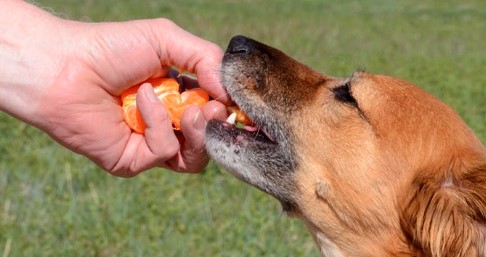Table of Contents
Introduction
Breeding is more than the mere act of producing offspring; it’s an intricate dance of genetics, care, passion, and sometimes, unpredictability. The world of breeding intersects with the realm of insurance in significant ways, offering a safety net for the manifold challenges breeders face.
The Landscape of Pet Insurance
Pet insurance, which started as a niche offering several decades ago, has now burgeoned into a full-fledged industry. As pets have moved from the barnyard to the bedroom, becoming integral family members, the demand for their healthcare has exponentially grown. Insurance policies today encompass a vast range of health issues, from common ailments to rare conditions. But how does this landscape change when viewed through the lens of a breeder?
In-depth Look at Breeding
Breeding is an art and science. It involves understanding genetics, ensuring the health of both parents, providing optimum prenatal conditions, and ensuring the well-being of the offspring. The rewards? A litter of healthy, vibrant pups or kittens that bring joy to families. The risks, however, can be equally profound, ranging from genetic disorders to unexpected complications during birth.
Common Health Concerns in Breeding
Breeding animals, be it dogs, cats, or exotic pets, come with a unique set of health concerns:
- Genetic conditions: Breeding, especially among purebreds, can sometimes lead to hereditary conditions. These can range from mild to severe, impacting the quality of life of the offspring.
- Birthing complications: Just like humans, animals can face birthing complications. These might necessitate interventions like C-sections, which can be costly.
- Postnatal challenges: From ensuring the mother’s health post-delivery to taking care of vulnerable newborns, the postnatal period is crucial and filled with potential health challenges.
Dissecting Pet Insurance for Breeders
While standard pet insurance policies offer coverage for general health issues, breeding pets require specialized attention. Breeding-specific insurance policies cater to the unique needs of these animals, covering prenatal care, birthing complications, and postnatal challenges. Comparatively, these policies might have higher premiums but offer peace of mind to breeders, ensuring they’re shielded from unexpected financial burdens.
Financial Aspects and Implications
Navigating the financial intricacies of insurance can be daunting. Premiums for breeding-specific policies are typically higher, reflecting the increased risks involved in the breeding process. However, these costs are often justified when one considers potential high medical expenses that can arise from complications. Over time, having tailored coverage can offer significant financial benefits, preventing hefty out-of-pocket expenses. Naturally, the added risks associated with breeding might impact premiums. How does this influence the overall cost? And crucially, How Much Is Pet Insurance? These are vital considerations for breeders, especially those just starting out.
Case Studies: When Insurance Saved the Day
Jane, a dog breeder, experienced the shock of her life when her champion Golden Retriever faced complications during delivery. Thankfully, her comprehensive breeding-specific insurance policy covered the emergency C-section, ensuring the safety of both the mother and the pups.
Conversely, Mark, a first-time cat breeder, opted for a standard pet insurance policy. He was left with overwhelming medical bills when his queen faced postnatal complications, as his policy did not cover breeding-related issues.
These narratives highlight the paramount importance of choosing the right insurance policy for breeding pets.
The Road Ahead: The Future of Breeding and Insurance
As the breeding industry evolves and veterinary medicine advances, the insurance landscape will undoubtedly adapt. The future might see even more tailored policies, offering breeders a spectrum of coverage options that cater to their specific needs. As awareness grows, breeders will become more discerning, seeking out policies that provide optimum protection.
Expert Tips: Navigating the Insurance World as a Breeder
- Research: Don’t just opt for the first policy you come across. Dive deep, compare policies, and ensure you’re getting the best coverage.
- Seek Recommendations: Connect with fellow breeders. Their experiences can provide invaluable insights.
- Understand Exclusions: Ensure you’re clear on what’s not covered. This can prevent unpleasant surprises later on.
Conclusion
The intertwining worlds of breeding and insurance are complex, yet they offer a safety net in an unpredictable domain. For breeders, understanding and investing in the right insurance policy is not just a financial decision but an ethical one, ensuring the well-being of the animals they so deeply care for.
FAQs
- Are genetic disorders always covered in breeding insurance?
- Not always. Policies vary, and it’s crucial to check specific coverage details.
- How do premiums for breeding pets compare to regular pets?
- Typically, premiums for breeding pets are higher due to the increased health risks associated with breeding.
- Do insurance policies cover the entire litter?
- Policies might have specific clauses regarding coverage for litters. It’s essential to clarify these details with the insurance provider.
- Can I switch to a breeding-specific policy after starting with a general one?
- While switching is possible, it’s essential to understand any waiting periods or conditions associated with the new policy.
- What’s the biggest mistake breeders make when choosing insurance?
- Often, it’s not thoroughly researching and understanding policy details, leading to gaps in coverage.





